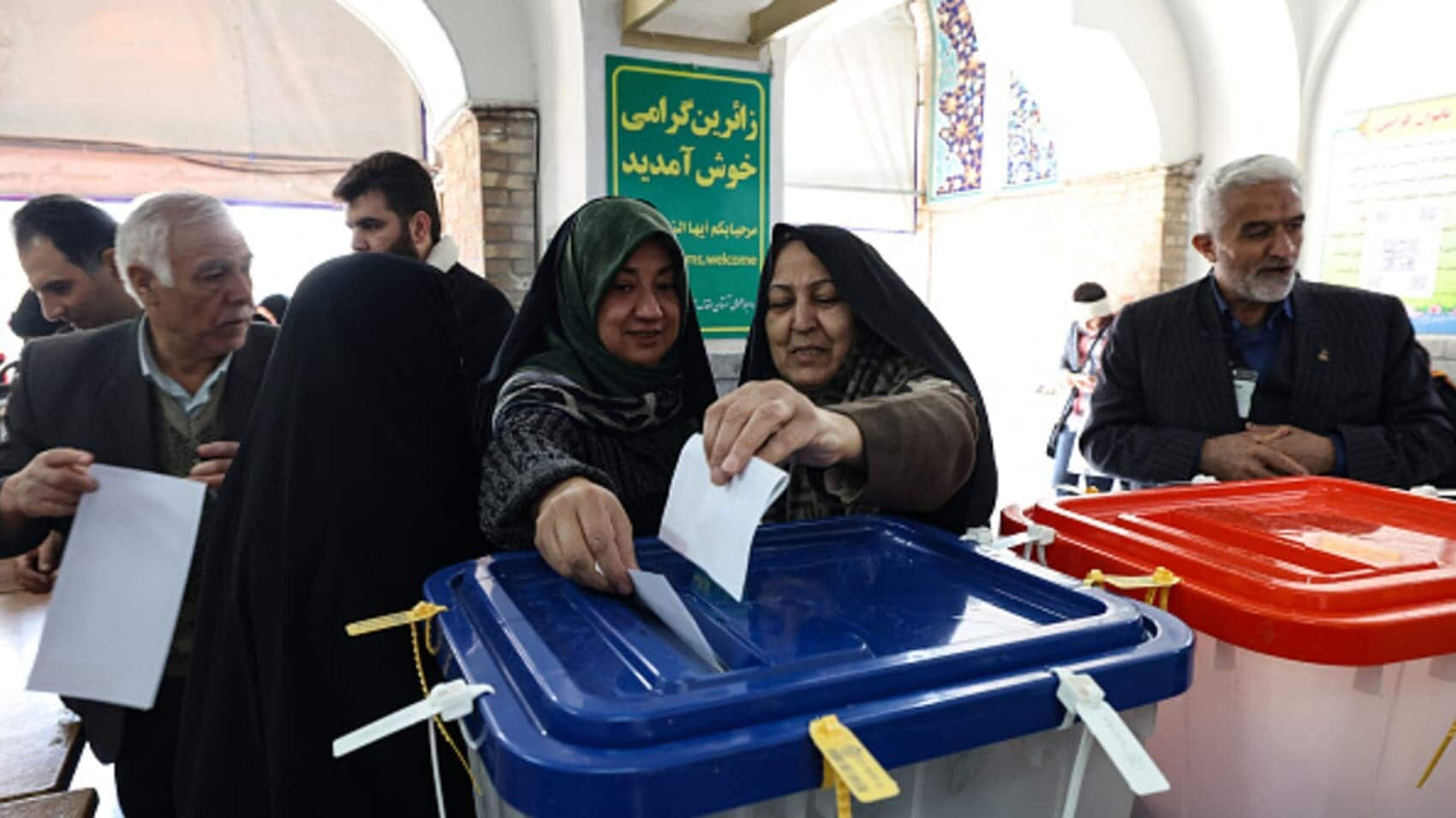
Iran holds snap presidential election amid economic and political turmoil
What's the story
Iran is conducting an unexpected presidential election following the sudden death of former President Ebrahim Raisi in a helicopter crash. The election comes amidst economic struggles, popular discontent, and severe crackdowns on dissent. The country is also dealing with high inflation, heavy Western sanctions, escalating tensions with the United States, and the Israel-Hamas war.
Candidate selection
Four candidates approved for Iran's presidential race
The Guardian Council, Iran's ultra-conservative body, approved six candidates out of 80 registrants for the presidential election. However, two candidates withdrew on Thursday, leaving four in the race. If no clear majority emerges from Friday's vote, a second round of voting will take place on July 5 between the top two candidates. The remaining contenders are predominantly conservative hardliners.
Candidate profiles
Profiles of the remaining presidential candidates
The remaining candidates include Mohammad Bagher Qalibaf, Iran's current speaker of Parliament and a former Islamic Revolutionary Guard Corps commander; Saeed Jalili, a former nuclear negotiator who currently serves as a representative for supreme leader Ayatollah Ali Khamenei. Masoud Pezeshkian, the sole reformist candidate who formerly served as minister of health and Mostafa Pourmohammadi, the only cleric in the race who formerly served as a prosecutor of the Revolutionary Court are also the candidates.
Voter sentiment
Public disillusionment and low voter turnout
Iran's previous presidential and parliamentary elections witnessed record low voter turnouts. Many citizens have expressed skepticism about their ability to effect meaningful change through voting. As Iran analysts Ali Vaez and Naysan Rafat at Crisis Group noted, "the decline in turnout over the last several years underscores the public's growing disillusionment with the system."
Future challenges
High stakes for Iran's next President amid regional tensions
The next president of Iran will face the challenge of managing relations with the new United States administration taking office in November. This situation heightens the stakes for Tehran, Washington, and the broader Middle East as Iran moves closer to nuclear bomb-production capability and continues to support proxy groups fighting Israel. However, ultimate power and critical decision-making in Iran remain with supreme leader Khamenei and unelected institutions like the Revolutionary Guards.